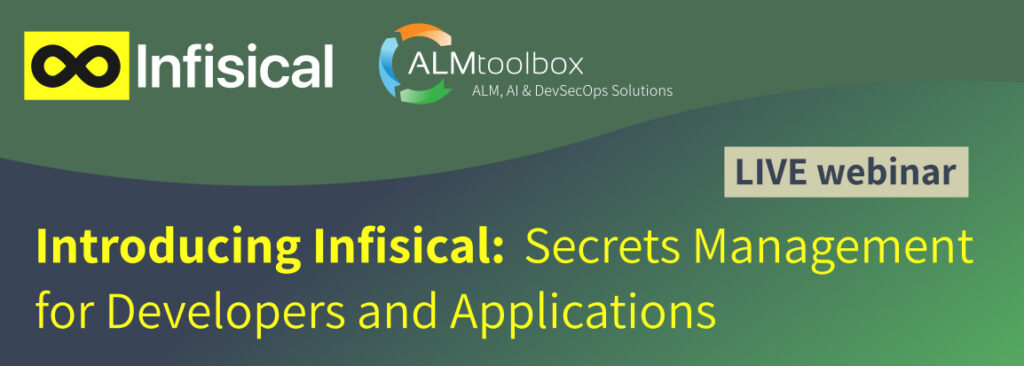GNOME, one of the most recognized, respected projects in the open source world, has moved to GitLab to manage their more than 400 software projects and nearly 900 (!) contributors.
GNOME software is used by millions of people worldwide, and is one of the largest and oldest free software projects. It’s best known for its desktop, which is a key part of the most popular GNU/Linux distributions, including Ubuntu, Debian, SUSE, and Fedora.
[chimpy_form forms=”2″]
GNOME’s software is found in televisions, e-book readers, in-vehicle infotainment systems, medical devices, and much more. The project continues to produce new, innovative technologies which are transforming the Linux ecosystem. Recent innovations include Flatpak and the accompanying app store, Flathub, which enables applications to run on any Linux-based operating system.
So, why GitLab?
Before migrating, GNOME used a broad range of tools to fulfil a number of specific purposes – from CGit for hosting to Bugzilla for bug tracking – but the number of tools made the on-boarding experience for new contributors cumbersome and confusing. They started looking for a single tool to meet more of their needs to make this process easier and to improve their own workflows.
“We did an extensive analysis of multiple tools as we considered a solution that would fit all the requirements of an organization as big as GNOME,” says Nuritzi Sanchez, president of GNOME’s board of directors and core member of the engagement team.
“We had a set of hard requirements, with the most important one being that it must be free software, ideally not only in license but also in spirit.”
What does the move mean for GNOME?
GNOME was looking for a way to make it easier for newcomers to contribute, and they got it.
“With a modern and familiar interface with well-designed tools, using GitLab makes the GNOME community more approachable – especially to a new generation of newcomers that is used to products that are modern-looking and easy to use,” says Nuritzi. They’ve also noticed that by using a single tool and having everyone under the same roof (as it were!), there’s more opportunity for teams to work together and cross-pollinate, resulting in a more engaged and collaborative community.
Better together
Apart from an easier workflow for newcomers and improved collaboration and cohesion between teams, GNOME has picked up on an unexpected benefit: the return of old projects and an influx of new ones. The ease of creating personal projects in GitLab has fostered better proximity between GNOME’s community of developers and projects, even if they aren’t part of the official GNOME project. “This allows those projects to be closer to our community of developers and products, and helps us increase our reach,” says Nuritzi. “We’re also very pleased to see that some major Linux distributions have begun to move part of their operations to groups in GNOME’s GitLab. This has allowed more collaboration between GNOME and these distributions, and is a great step forward in helping to create a tighter-knit broader community.”
This improved closeness and reach is what we’re really excited about – when it comes to open source communities using GitLab, the more the merrier we say! It’s our hope that the boost in collaboration and networking GNOME has experienced will extend to our own community, as well as those of other open source projects moving to GitLab.
Want to get started with GitLab?
Visit our GitLab webpage or leave us a message – we have experts that can help you with planning a migration to GitLab; consulting; pricing of licenses, GitLab hosting and more.
Related Links:
- Check out GNOME’s analysis
- Our GitLab website
- Explore the new GNOME projects in GitLab
- Read it in GNOME’s blog
- Read GNOME’s extensive analysis (where they compared GitLab, GitHub, Phabricator and more)



